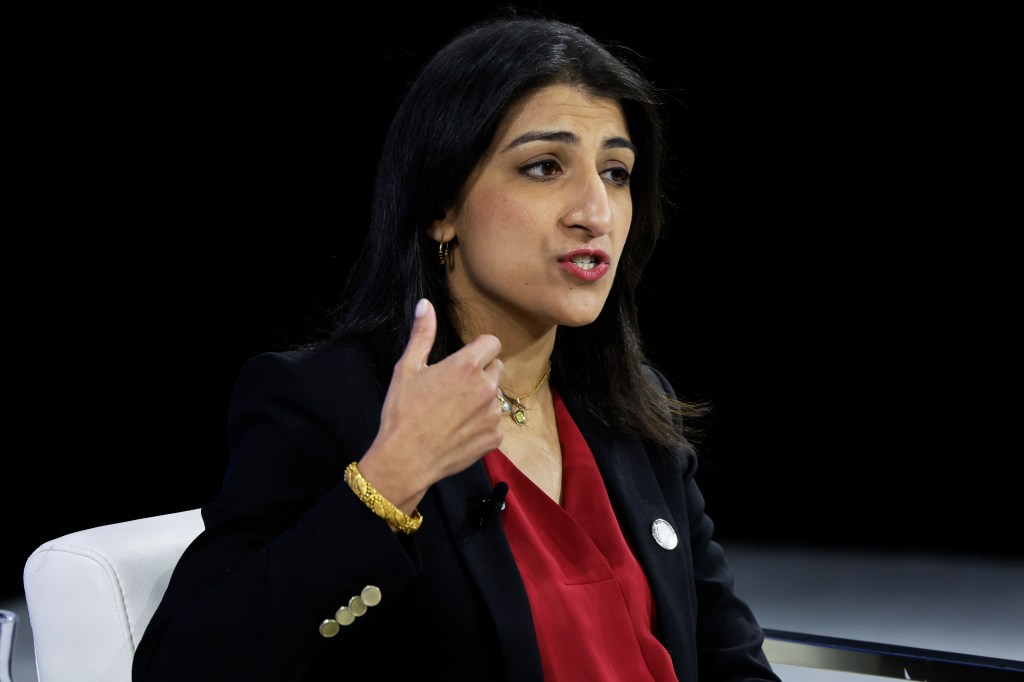A federal judge in Texas has blocked moves by the Federal Trade Commission (FTC) to ban noncompete agreements. US District Judge Ada Brown in Dallas, an appointee of Republican former President Donald Trump, said the FTC does not have the authority to ban practices it deems unfair methods of competition by adopting broad rules.
The FTC rule was set to take effect September 4, and it would have ban agreements commonly signed by workers not to join their employers’ rivals or launch competing businesses.
The judge had already blocked the rule from taking effect in July while she considered a bid by Ryan LLC, a tax services firm in Dallas, which had sued to block the rule just hours after the FTC adopted it in April. The US Chamber of Commerce (the country’s largest business lobby), the Business Roundtable and the Texas Association of Business had joined in as plaintiffs/intervenors, similarly asking the court to strike it down entirely.
“The FTC lacks substantive rulemaking authority with respect to unfair methods of competition,” Judge Brown wrote. “The role of an administrative agency is to do as told by Congress, not to do what the agency think[s] it should do.”
One in five US workers
An estimated 30 million people, or one in five American workers, are bound by noncompete agreements, the FTC has said. The employment agreements typically prevent workers – everyone from minimum wage earners to CEOs – from joining competing businesses or launching ones of their own.
The FTC’s rule (which narrowly passed in a 3-2 vote) banned nearly of all the employment agreements employees sign which typically prevent them from joining competing businesses or launching ones of their own, sometimes at their time of hire and other times as part of their severance with the business.
Specifically, it banned new noncompetes with all workers, including senior executives after the effective date. For existing noncompetes, the final rule adopts a different approach for senior executives than for other workers. For senior executives, existing noncompetes could remain in force.
“We are seriously considering a potential appeal, and today’s decision does not prevent the FTC from addressing noncompetes through case-by-case enforcement actions.”
Victoria Graham, FTC spokesperson
Fewer than 1% of workers are estimated to be senior executives under the final rule, which defines the term “senior executive” to refer to workers earning more than $151,164 annually who are in a “policy-making position.”
Existing noncompetes with workers other than senior executives are not enforceable after the effective date of the final rule.
According to the FTC, the new rule could lead to wage increases totaling nearly $300 billion per year and the creation of 8,500 new businesses per year, once workers can freely pursue new opportunities without the fear of being taken to court by their employers.
Murky legal landscape
Last week, a federal judge in Florida ruled that the ban was likely invalid and blocked it from being applied to a real estate developer. But, in July, a judge in Philadelphia ruled that the FTC reasonably concluded that noncompetes are virtually never justified.
To be sure, it is unusual for the FTC to enact bans on business practices that affect such a wide range of industries instead of targeting one business or type of business (one industry vertical) in its rulemaking. Opponents to the rule argued that Congress never intended to give the FTC such broad powers. They also argued that banning noncompetes will make it difficult to safeguard trade secrets and other confidential information.
In requesting relief, the tax services firm had argued that the ban on noncompetes would inflict “serious and irreparable injuries” on its business, including by putting its confidential information at risk and enabling its competitors to poach valuable employees, whose knowledge and training would go out the door.
“This decision is a significant win in the Chamber’s fight against government micromanagement of business decisions,” said Chamber of Commerce President CEO Suzanne Clark.
For its part, the FTC said it is disappointed, but it will keep fighting to block the use of such agreements. “We are seriously considering a potential appeal, and today’s decision does not prevent the FTC from addressing noncompetes through case-by-case enforcement actions,” wrote FTC spokesperson Victoria Graham in a statement to NPR.
Noncompete agreements remain subject to significant limitations under state law with some states making the use of them unlawful or limited by statute, so this is an area where careful legal consideration is warranted.

















